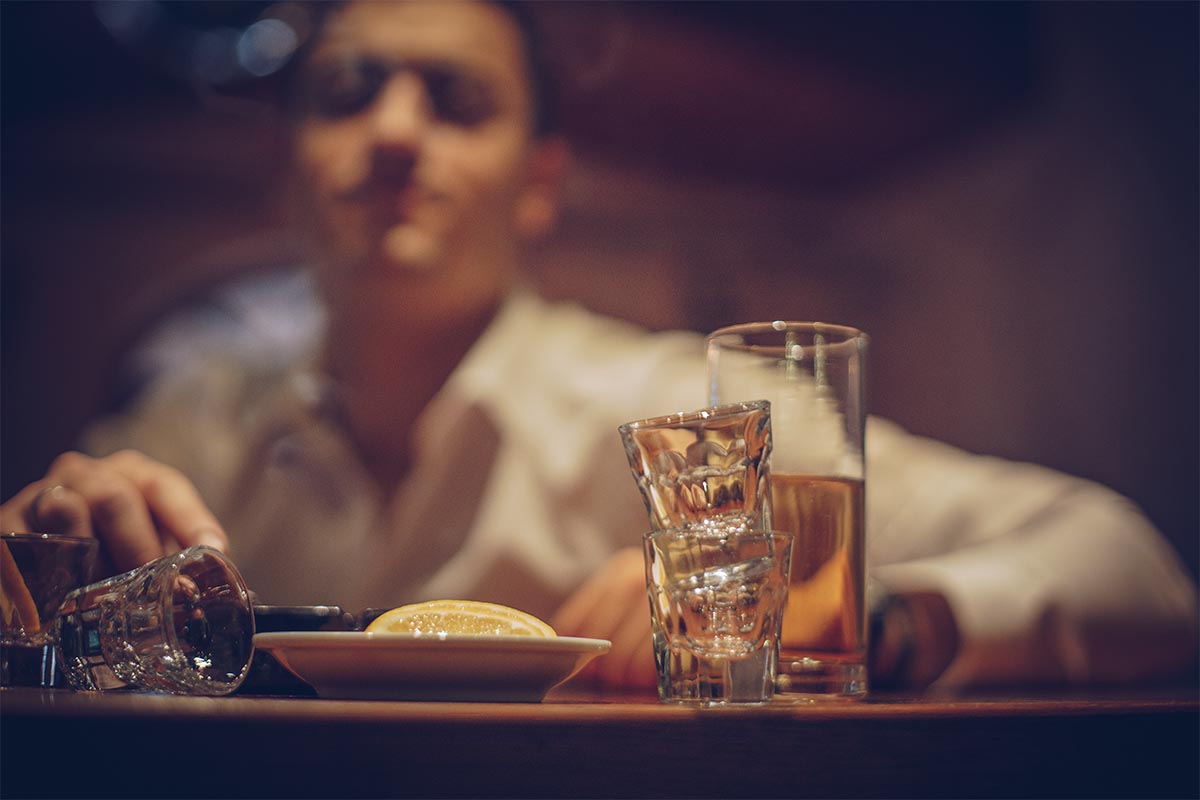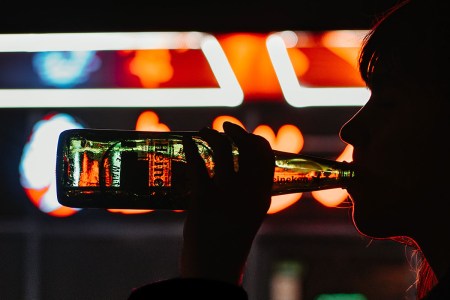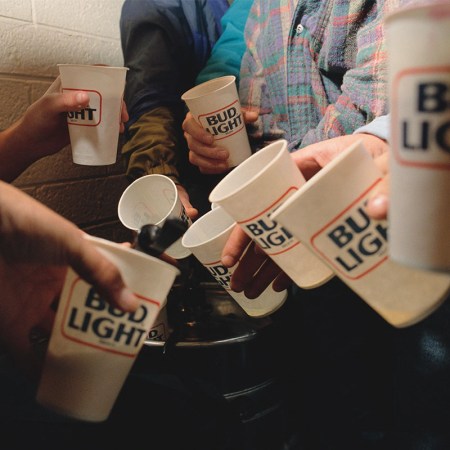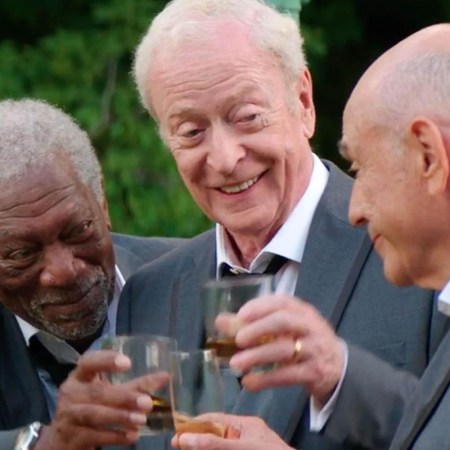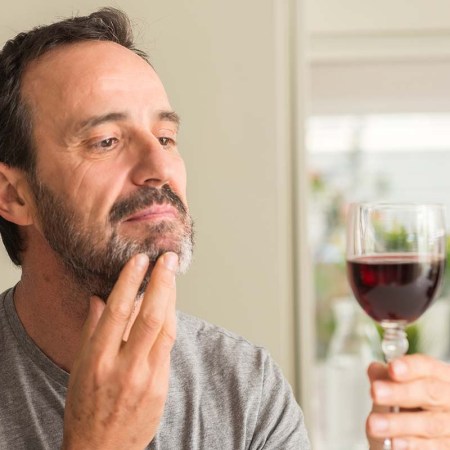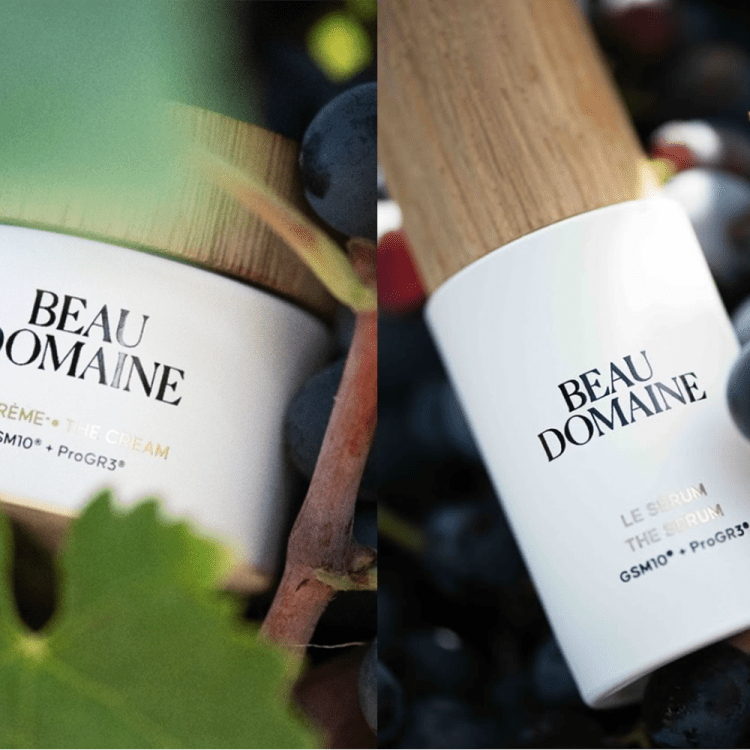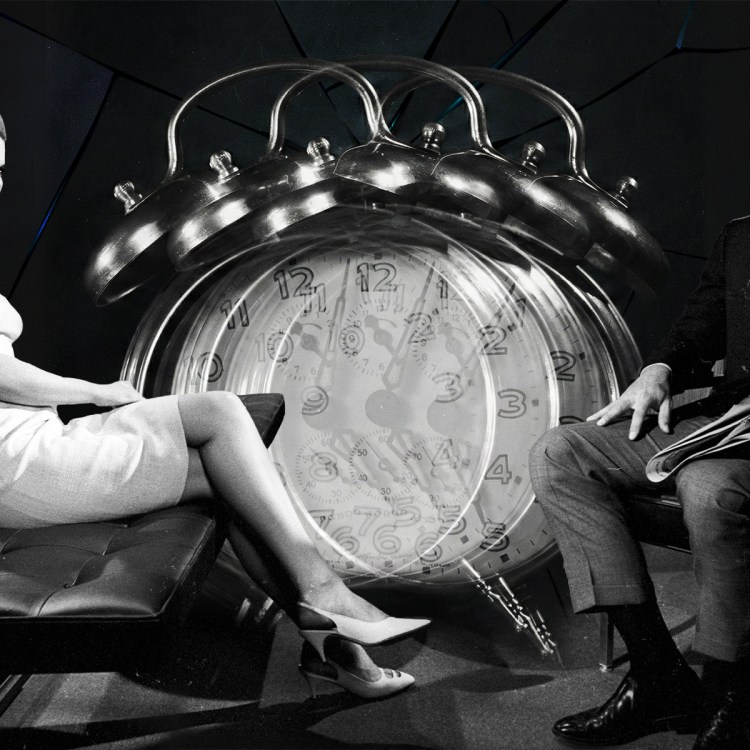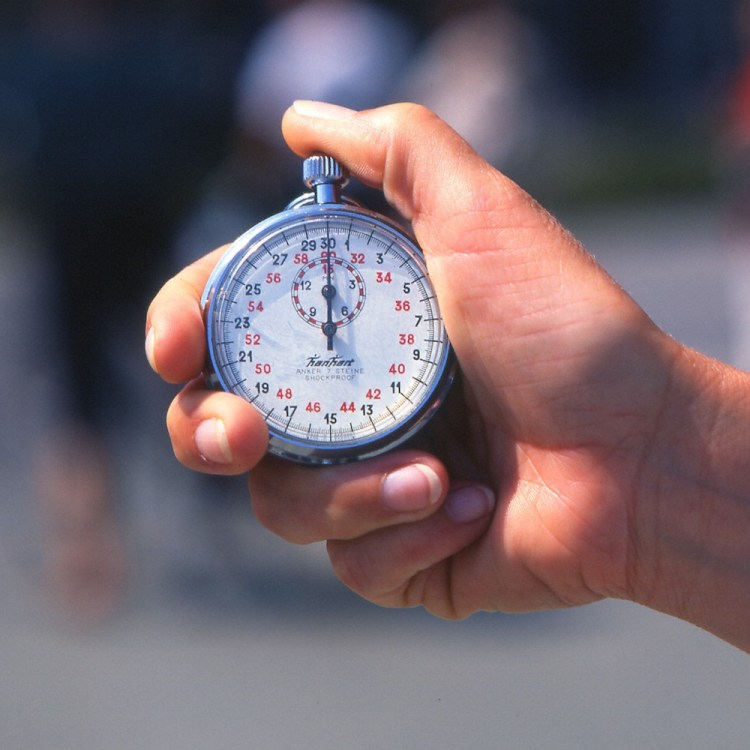Naltrexone was approved in the United States for the treatment of alcohol dependence several decades ago. But a new study suggests the medication, which blocks endorphins and reduces the euphoria of intoxication, might be suitable for mild or moderate-use (or “binge”) drinkers as well.
Per The New York Times, almost half of American drinkers report that they “binge” drink, which is considered more than four drinks per setting for men and three drinks for women. Even if a small percentage of these drinkers are considered “dependent” on alcohol, this behavior — a “grey area” of drinking — could obviously lead to alcohol-related illnesses or injuries, or to a more serious alcohol disorder.
Are You a “Grey Area Drinker”? Here’s How You Can Tell.
There are rungs on the ladder between someone who never drinks and someone who has a clinical problemAnd it’s usually the latter category where naltrexone is prescribed. However, in a recent issue of the American Journal of Psychiatry, researchers tried to “determine the efficacy of targeted naltrexone in sexual and gender minority men (SGM) who binge drink and have mild to moderate alcohol use disorder.” In a double-blind, placebo-controlled experiment with 120 men during 12 weeks, naltrexone — which was given to participants when they felt cravings or anticipated a period of heavy drinking — was associated with a significantly reduced reported number of binge-drinking days, and this non-bingeing behavior continued for six months.
“Increasing awareness that there are effective medicines that can help people with their alcohol use is important in and of itself,” summarized Glenn-Milo Santos, a professor at the University of California, San Francisco and the study’s lead author.
The Times suggests that naltrexone could be more widely prescribed and even utilized on an “as-needed” basis, allowing people’s dopamine levels to recover between uses (the drug’s trademarks have expired, meaning cheaper generic versions are available). Interestingly, a similar treatment for binge drinkers has been available in Europe since 2013, utilizing the medication nalmefene.
The research (which, it should be noted, was limited to gay and transgender men) could mark an important first step for individuals and the medical community to recognize a broader range of treatments for alcohol use/abuse. Still, it also involves people having increased perceptions about their drinking habits. “It takes a level of awareness that many people don’t have,” says Dr. Henry Kranzler, a professor of psychiatry at the University of Pennsylvania, who called the use of naltrexone a “niche opportunity.”
Every Thursday, our resident experts see to it that you’re up to date on the latest from the world of drinks. Trend reports, bottle reviews, cocktail recipes and more. Sign up for THE SPILL now.
